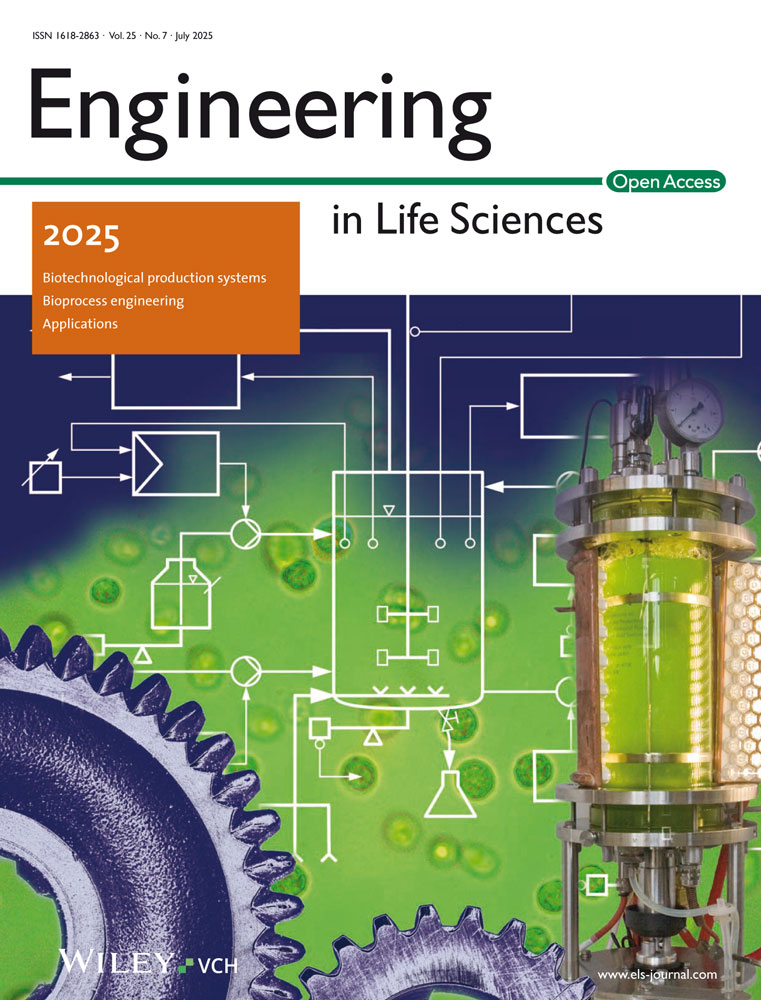Biodegradability of swine effluents I. Oxygen consumption†
This work was partially supported by Volkswagen Foundation under research contract
Abstract
Positive and negative effects of dilution of raw effluents from swine breeding are discussed, as to the treatability of those waste waters. Its effects on oxygen consumption and on the variation of inhibitory actions possibly observed, are studied and quantified. Using BRADENDER and VANDEPUTTE techniques based on peptone degradation, and determining PHELPS'S equation parameters for different consumption curves observed, the advantages of dilution versus treatment of raw effluents is studied.




